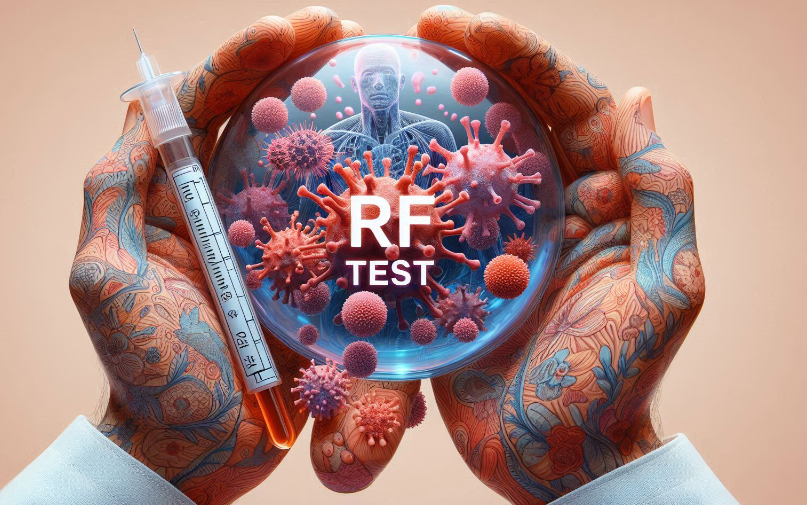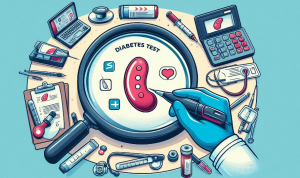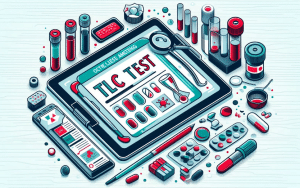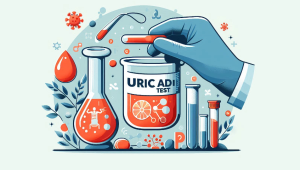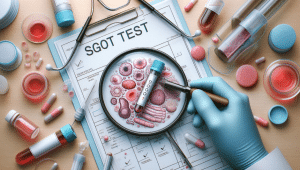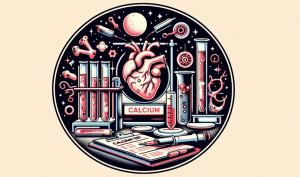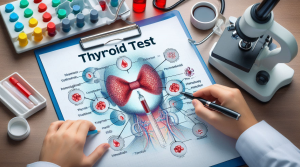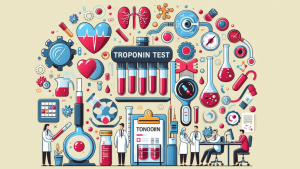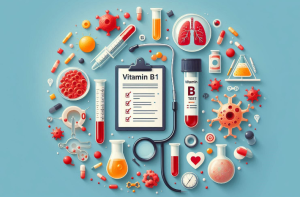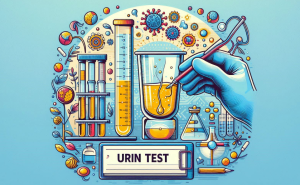What is an RF Test?
An RF test, or Rheumatoid Factor test, is a blood test that measures the amount of rheumatoid factor in your blood. Rheumatoid factors are antibodies produced by your immune system that can mistakenly attack healthy tissues in your body. High levels of rheumatoid factor are often associated with autoimmune diseases, particularly rheumatoid arthritis.
Why Do You Need an RF Test?
Your doctor may order an RF test if you are experiencing symptoms suggestive of rheumatoid arthritis, such as:
- Joint pain, swelling, and stiffness
- Fatigue
- Loss of appetite
- Low-grade fever
The test is used to:
- Aid in the diagnosis of rheumatoid arthritis
- Assess the severity of rheumatoid arthritis
- Monitor the progression of the disease
- Evaluate the effectiveness of treatment
What Does an RF Test Measure?
The RF test measures the level of rheumatoid factor antibodies in your blood. While a positive result can indicate the presence of rheumatoid arthritis or other autoimmune diseases, it’s important to note that:
- Not everyone with rheumatoid arthritis has a positive RF test.
- A positive RF test can also be seen in other conditions, including infections, lupus, and Sjogren’s syndrome.
- Some healthy individuals might have a low level of rheumatoid factor in their blood.
Preparing for the Test
Typically, no special preparation is needed for an RF test. You can eat and drink normally before the test. However, inform your doctor about any medications or supplements you are taking, as some might affect the results.
Understanding the Results
RF test results are usually reported as a titer or a numerical value. A negative result means no rheumatoid factor was detected or the level is very low. A positive result indicates the presence of rheumatoid factor, and the higher the titer or value, the greater the amount of rheumatoid factor present.
- Negative: Less than 14 IU/mL or a titer less than 1:40
- Weakly positive: 14-40 IU/mL or a titer of 1:40 to 1:80
- Positive: Greater than 40 IU/mL or a titer greater than 1:80
A positive RF test does not definitively diagnose rheumatoid arthritis. Your doctor will interpret the results in conjunction with your symptoms, medical history, and other tests, such as anti-CCP antibody test and erythrocyte sedimentation rate (ESR).
Risk Factors and Prevention
While the exact cause of rheumatoid arthritis is unknown, certain factors can increase your risk:
- Family history: Having a family member with rheumatoid arthritis increases your risk.
- Gender: Women are more likely to develop rheumatoid arthritis than men.
- Age: The risk increases with age.
- Smoking: Smoking is a strong risk factor for developing rheumatoid arthritis.
- Environmental exposures: Certain environmental exposures might trigger the disease in susceptible individuals.
Currently, there is no way to prevent rheumatoid arthritis. However, early diagnosis and treatment can help manage the disease and prevent joint damage.
Remember, the RF test is just one piece of the puzzle in diagnosing rheumatoid arthritis. Always consult your doctor for proper interpretation of your results and further guidance.

 7351982473
7351982473